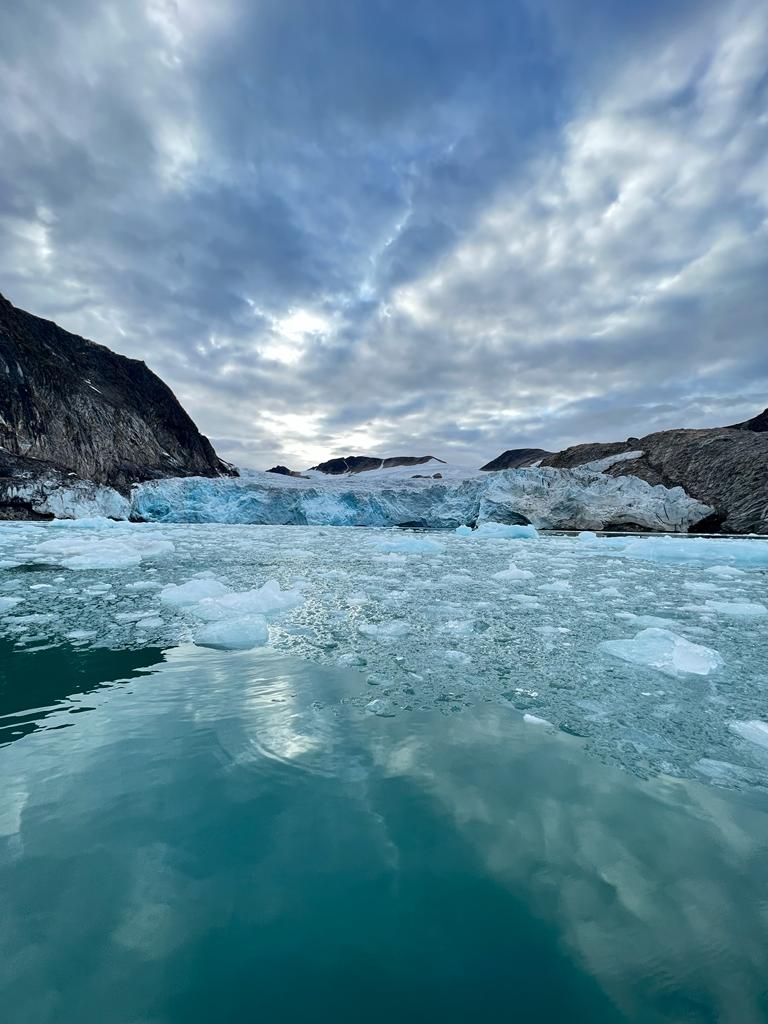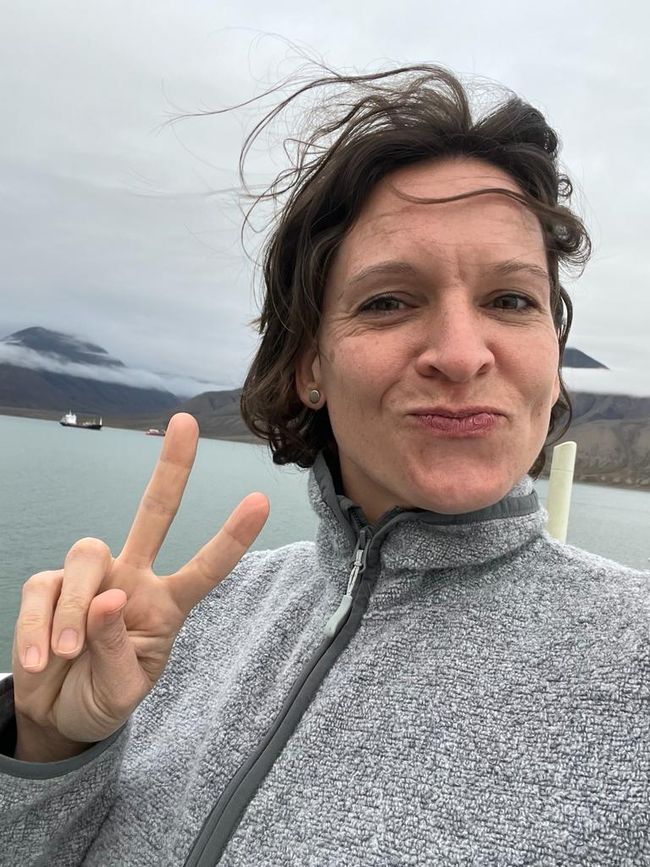Shalom from Israel!
Publicat: 31.10.2018
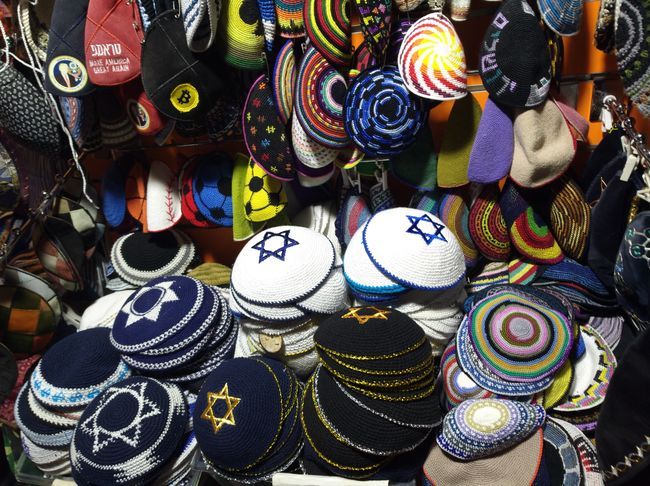
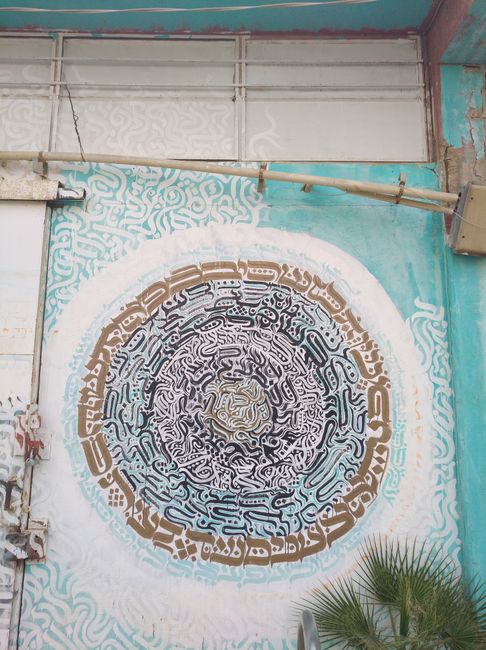
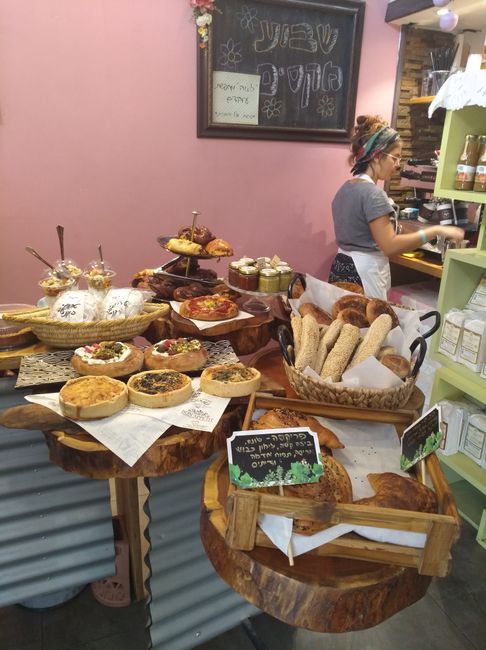
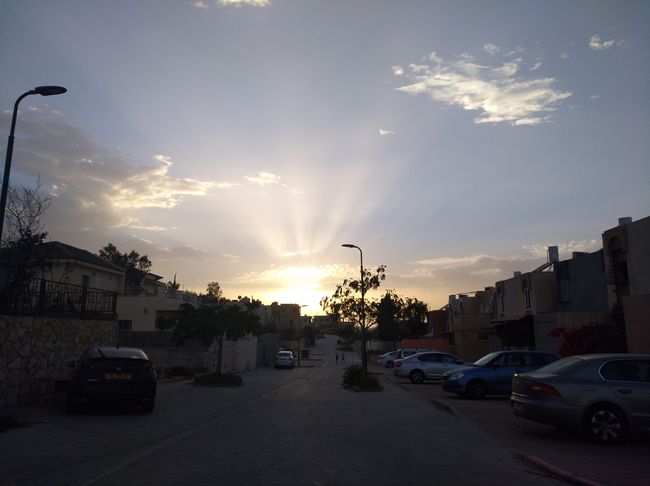
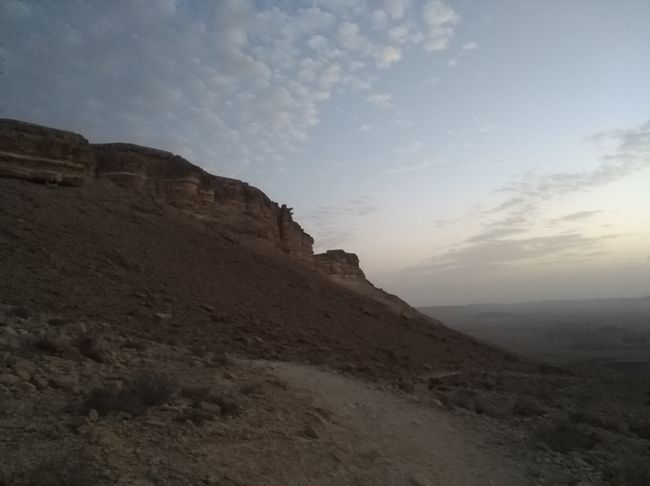
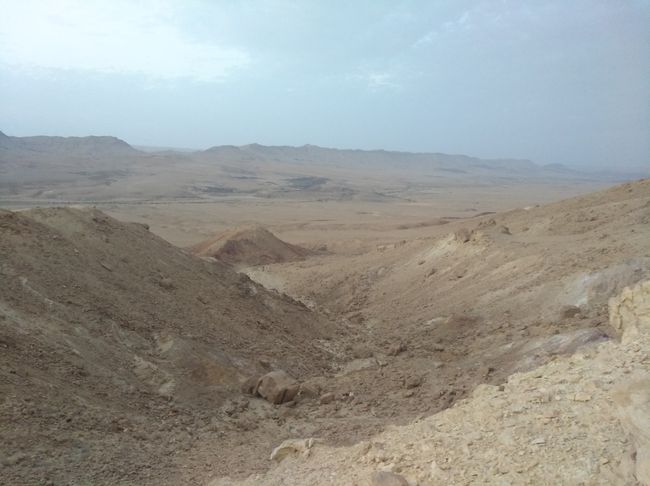
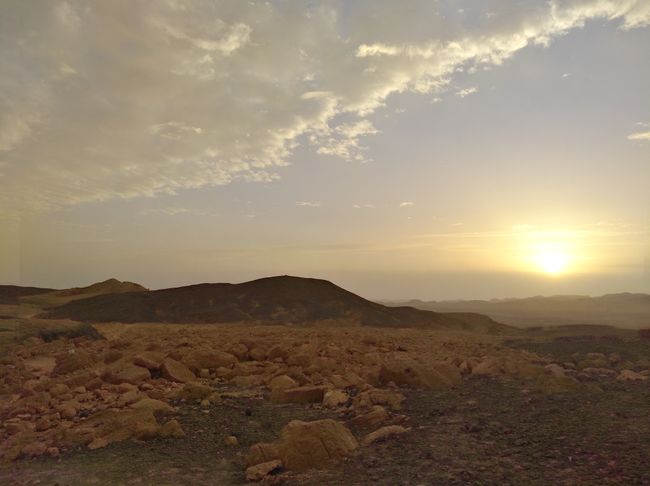
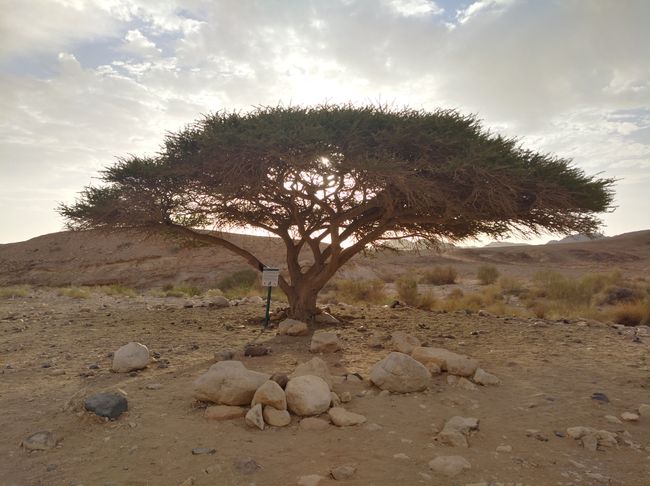
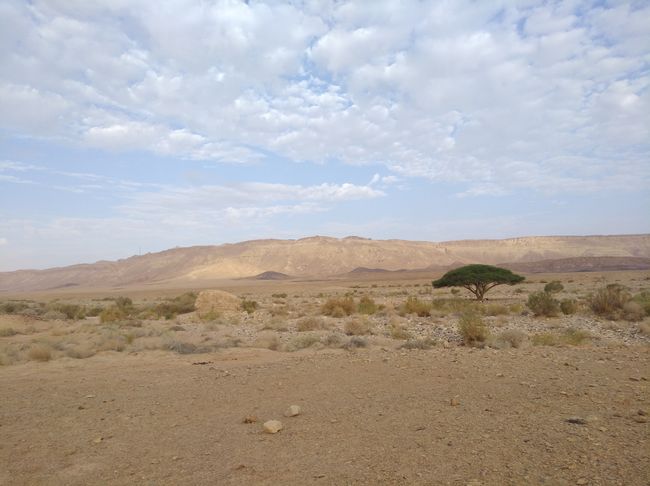
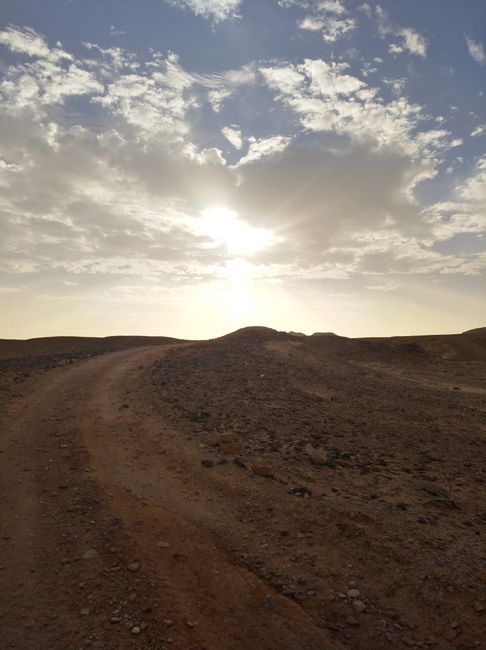
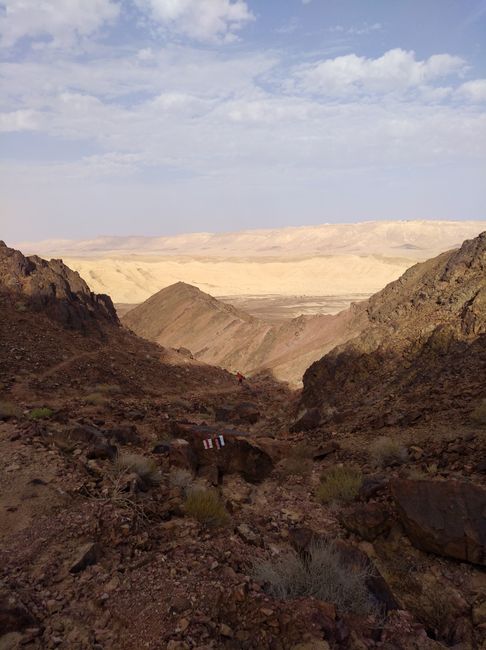

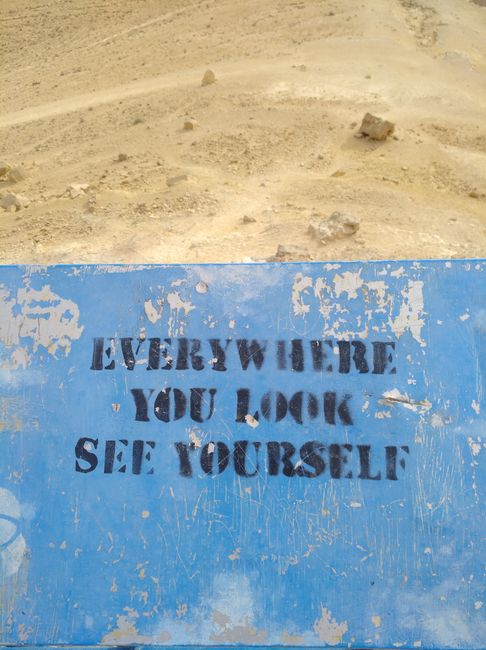
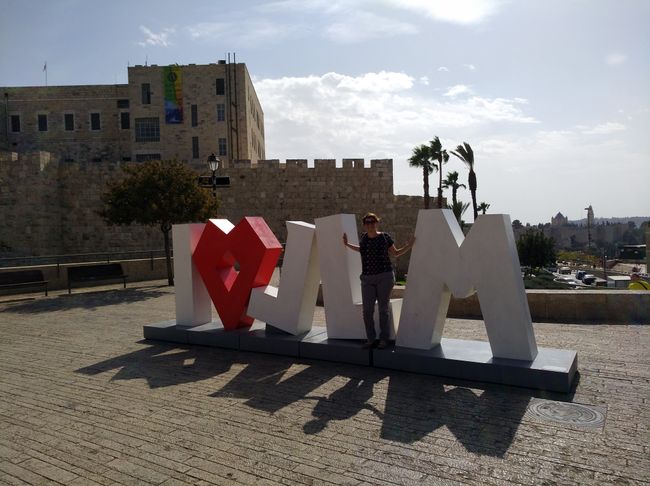


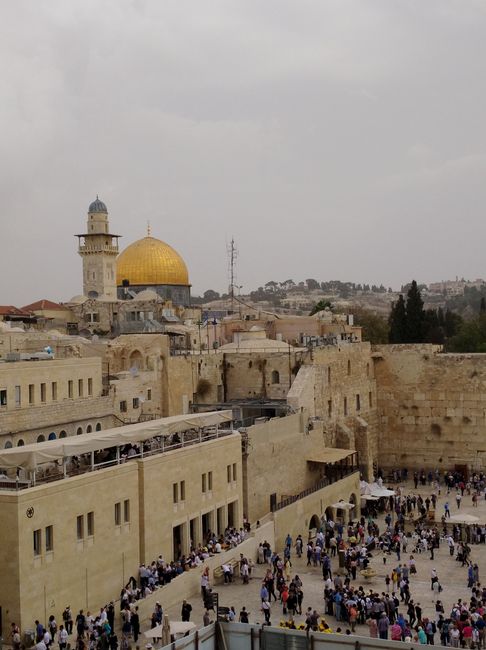
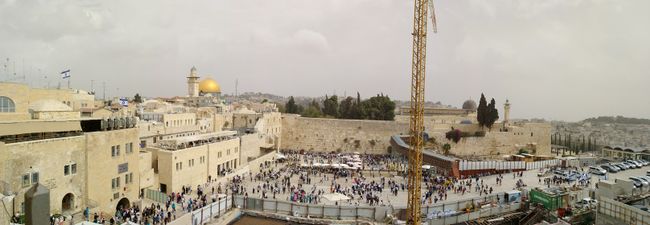
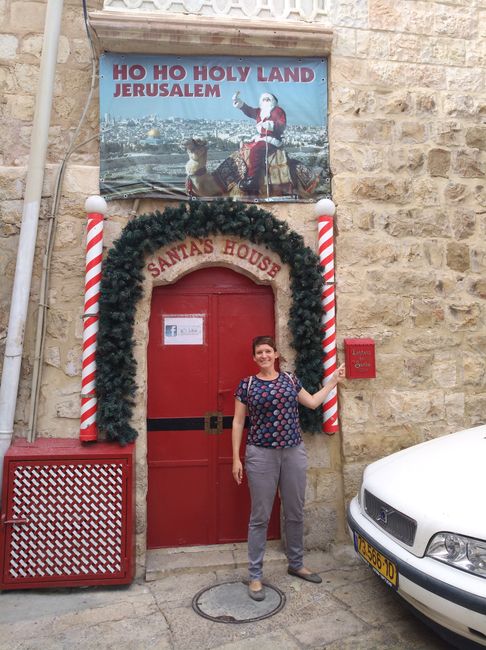
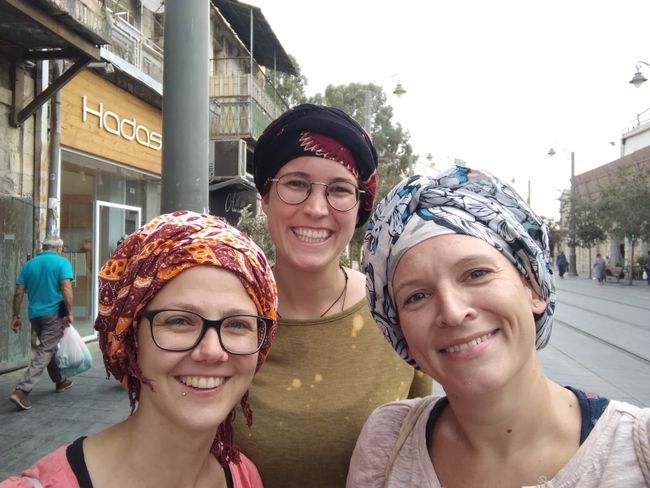
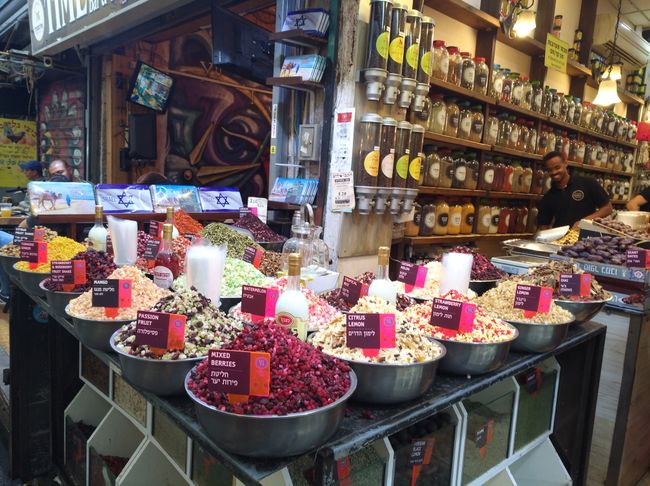

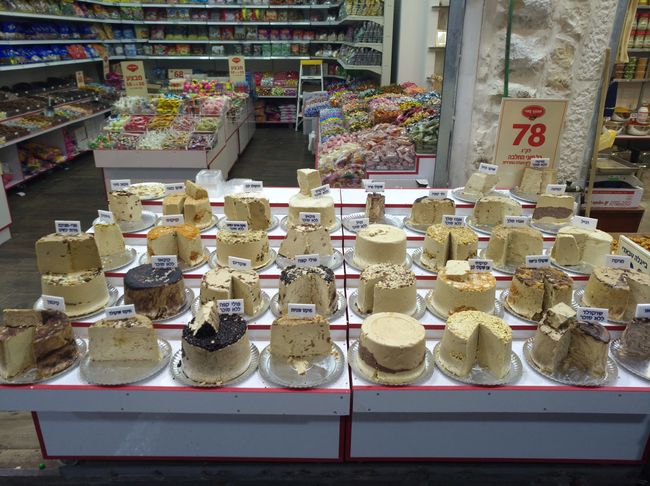
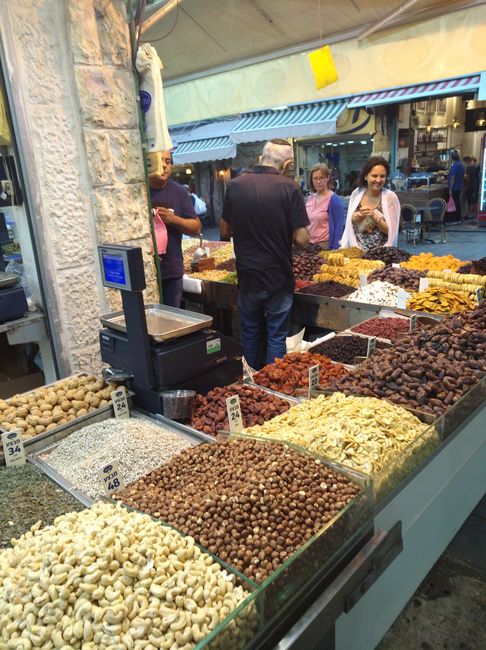
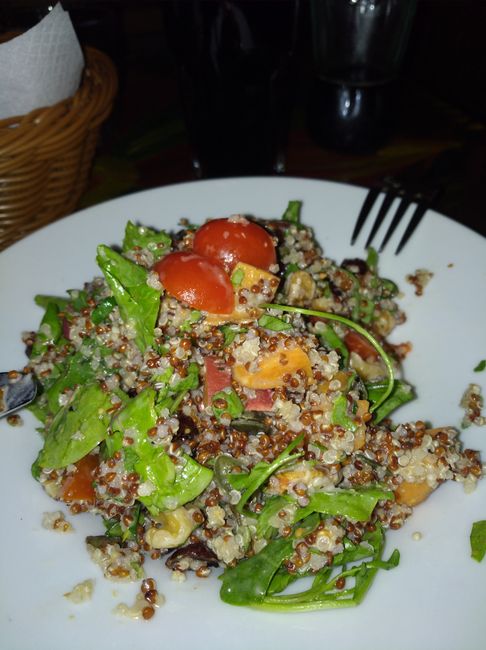
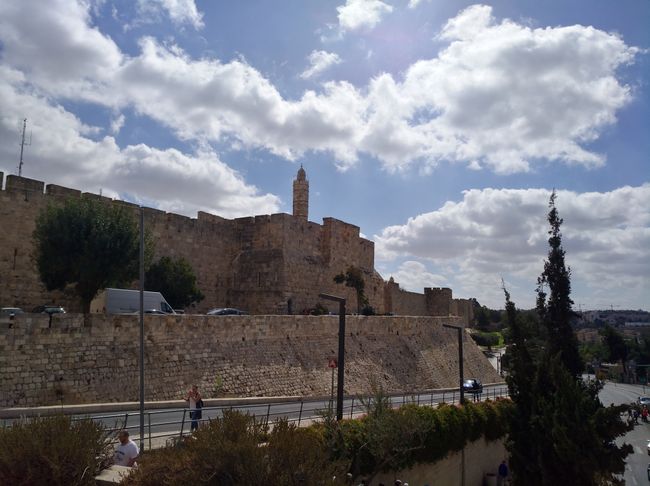
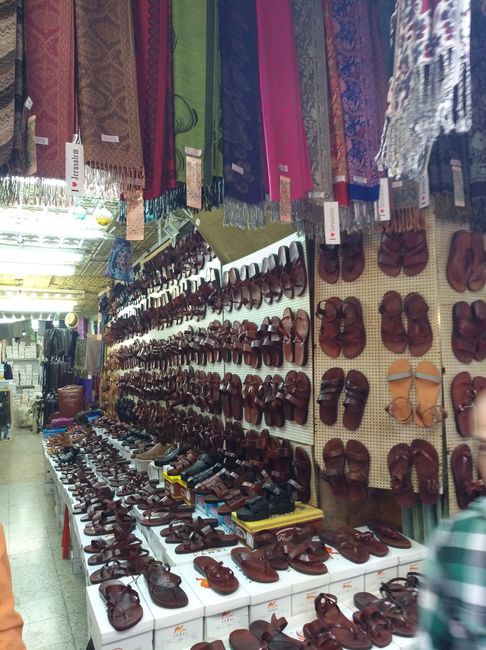
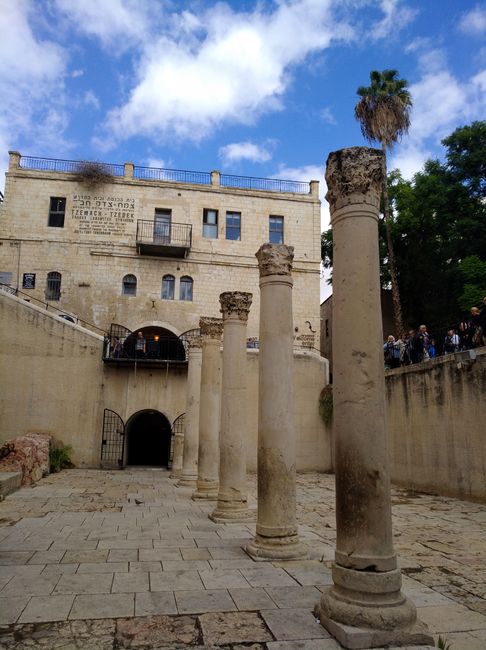
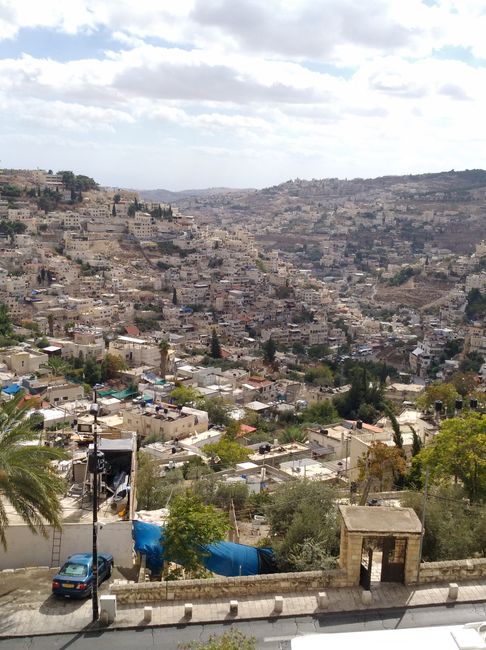
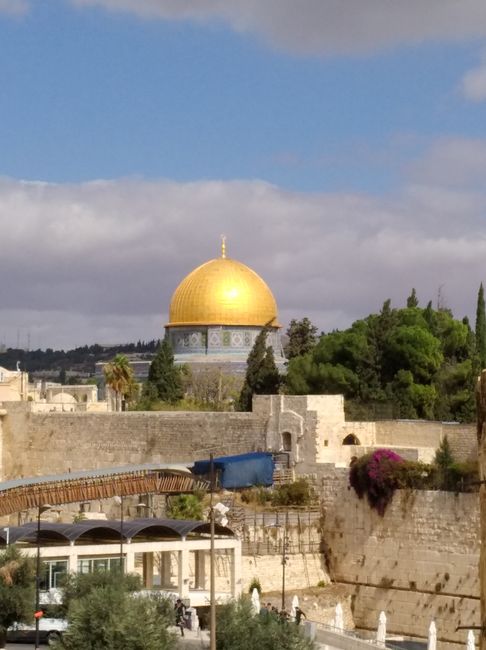
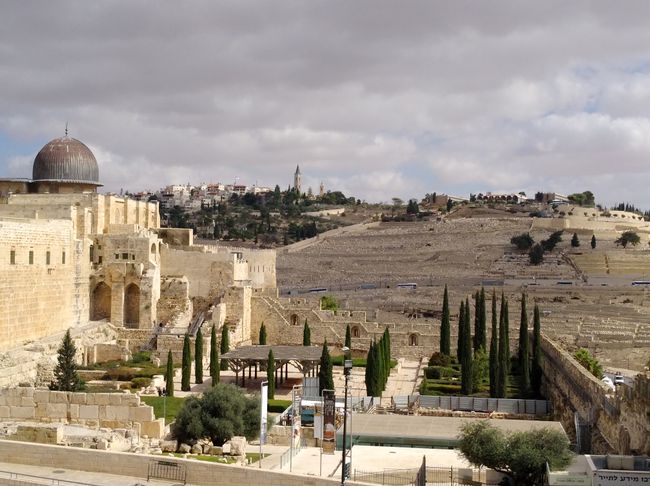
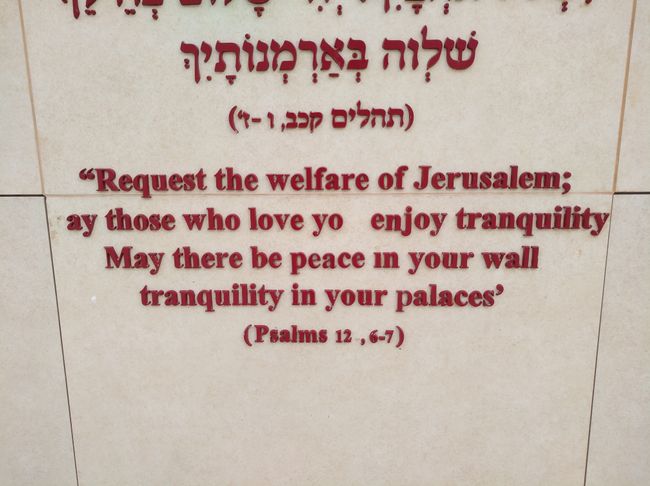
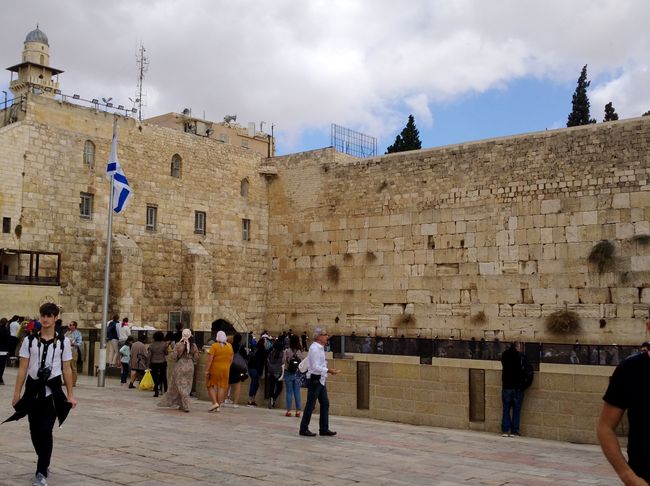
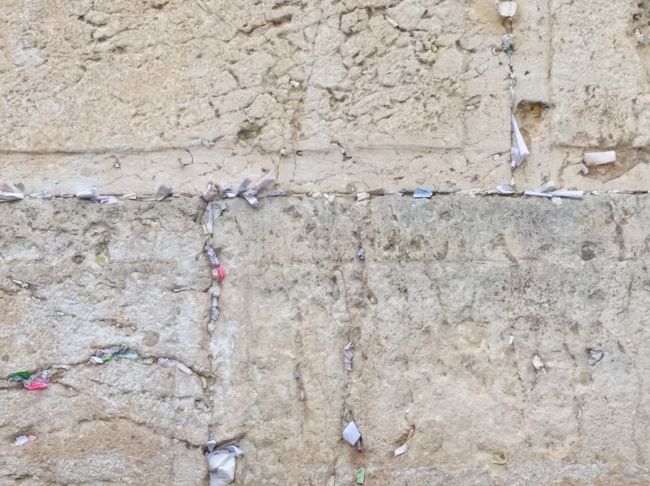
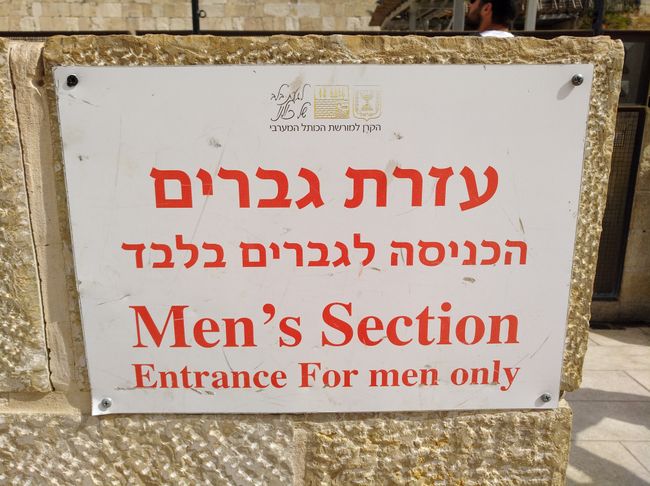
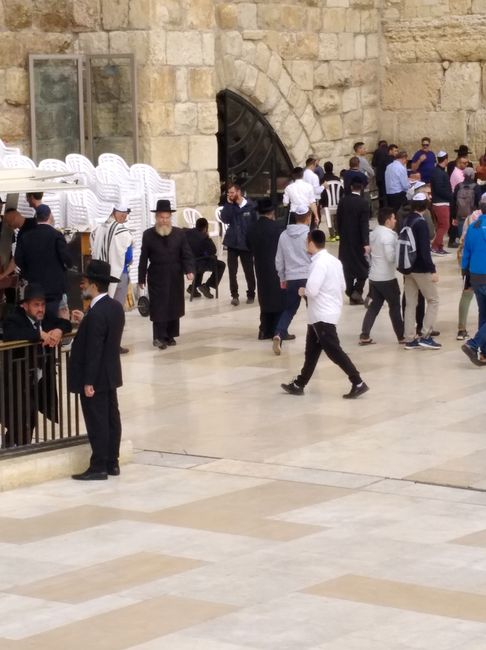
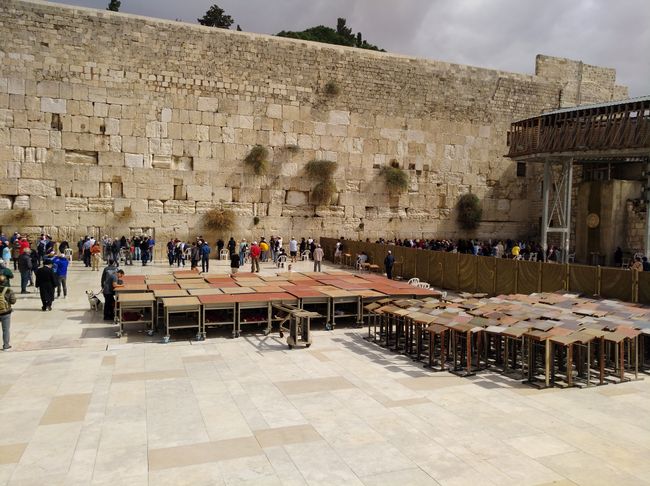
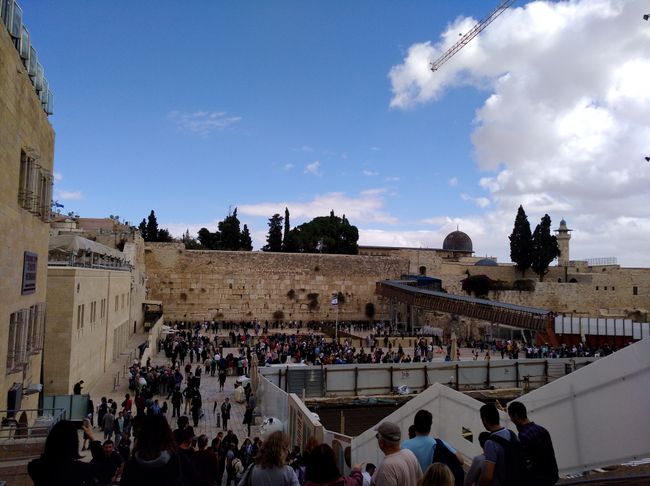
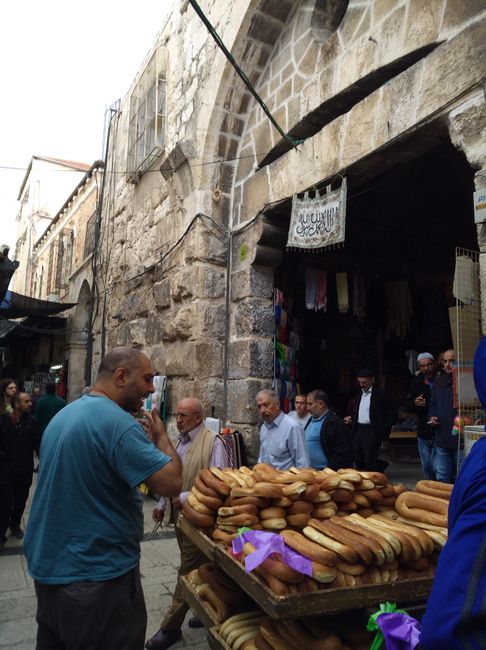
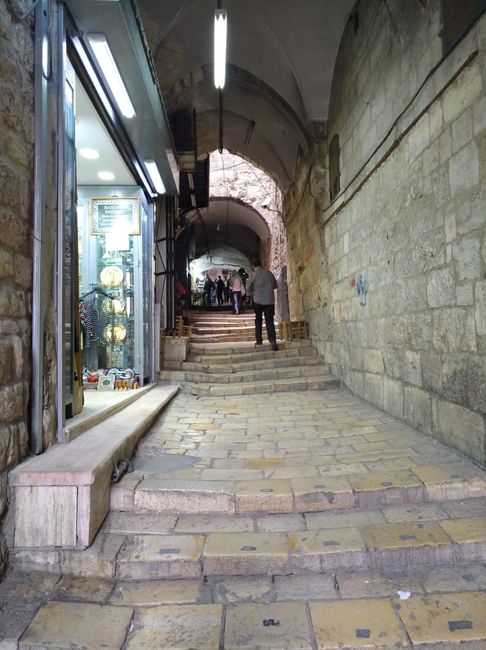
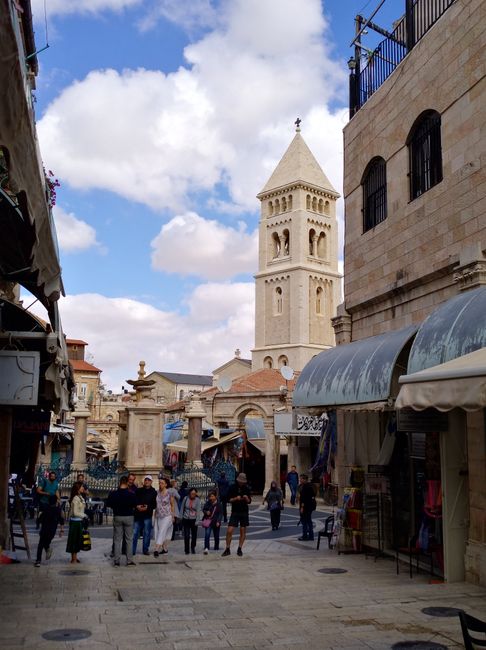
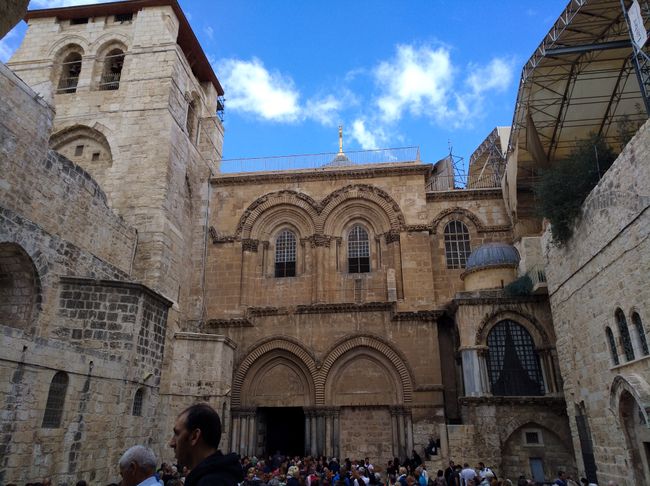
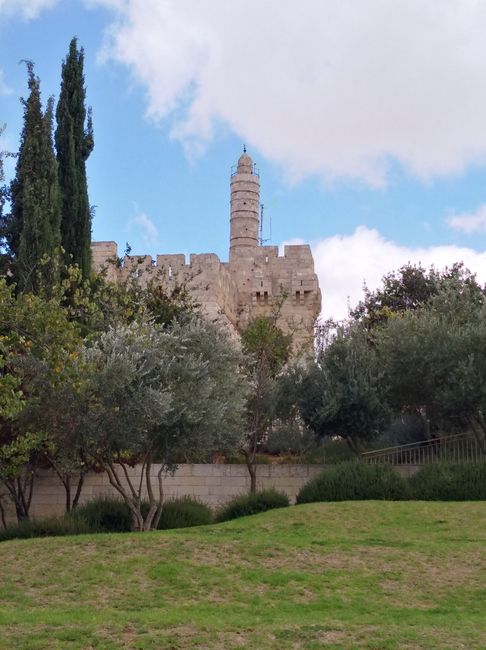
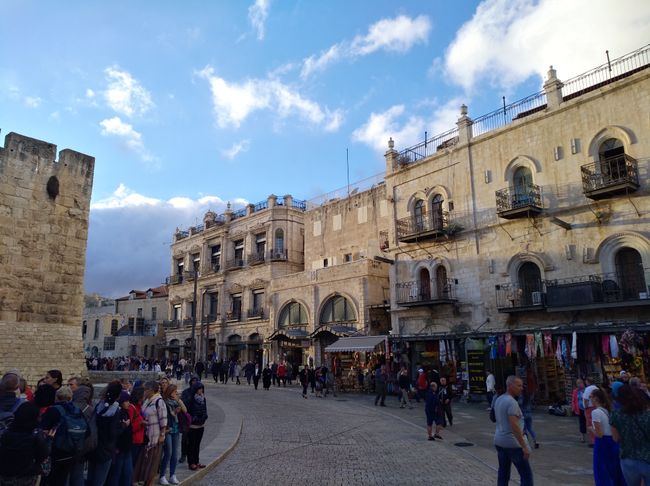
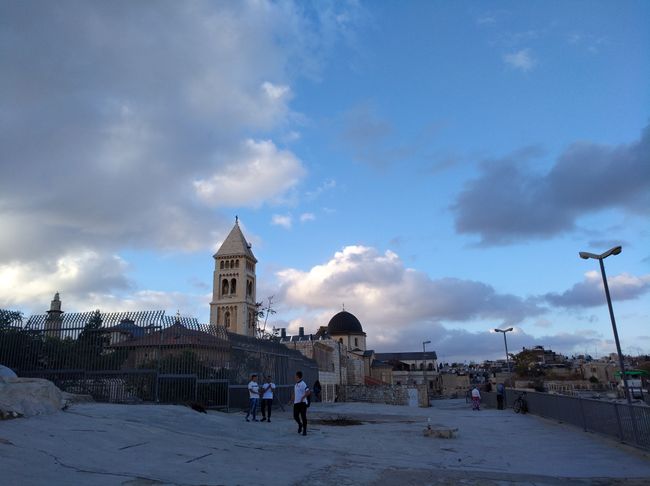
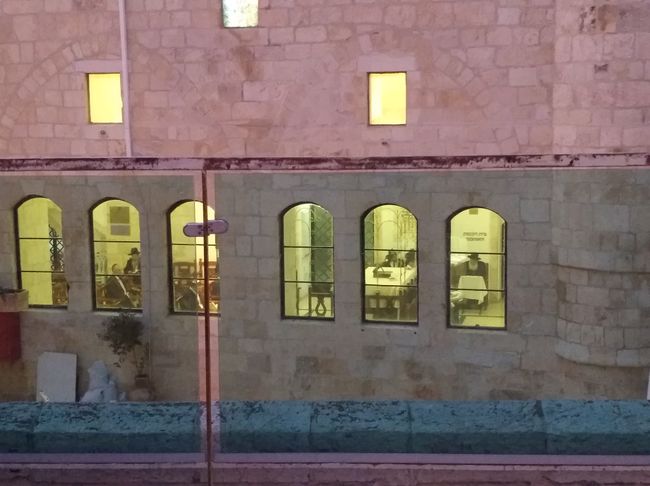
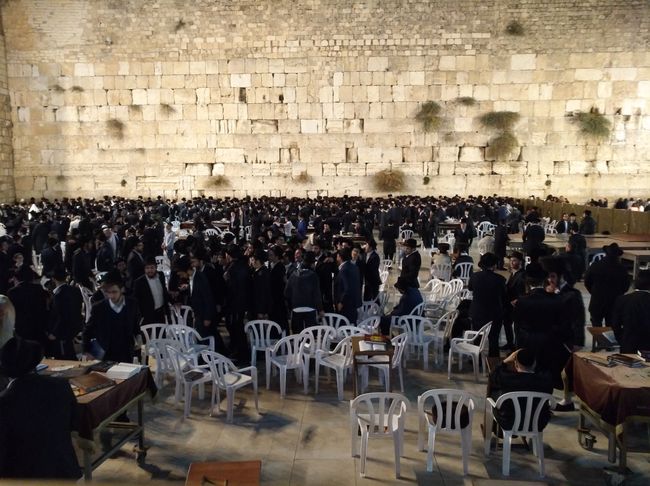
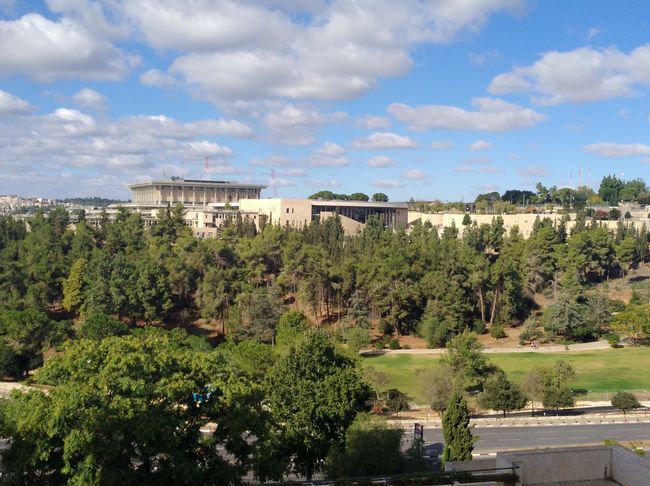
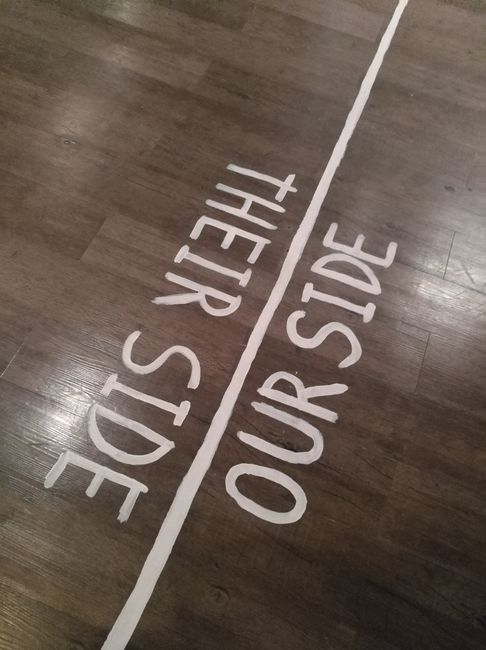
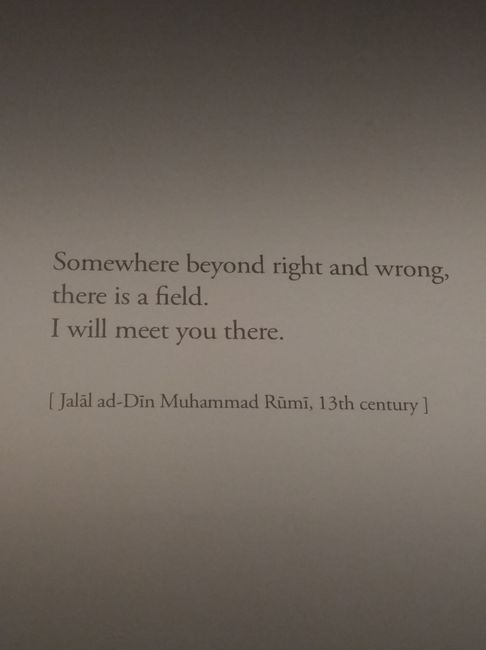
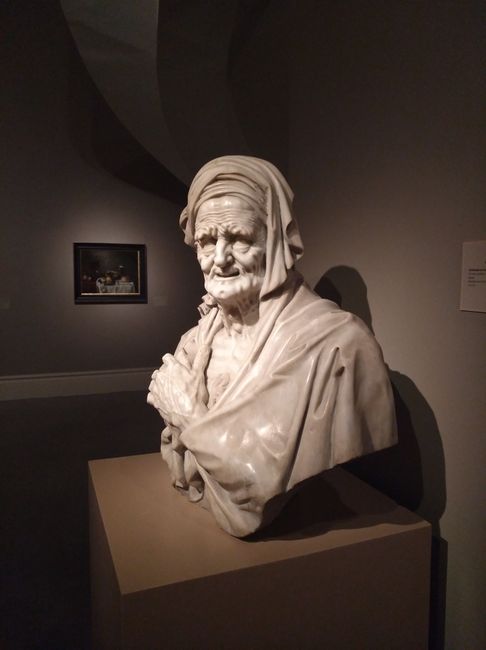

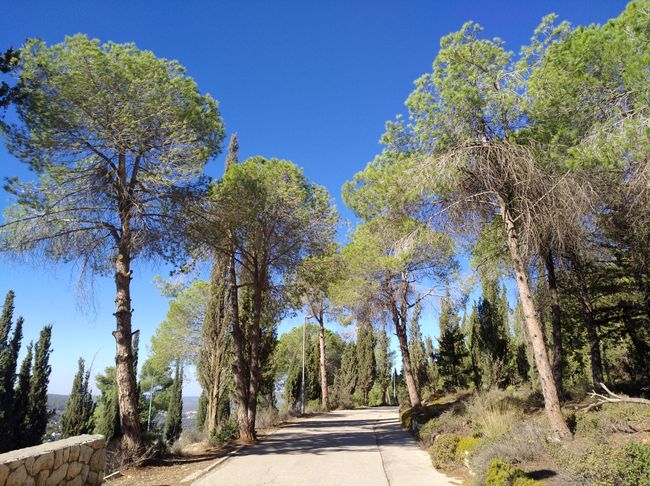
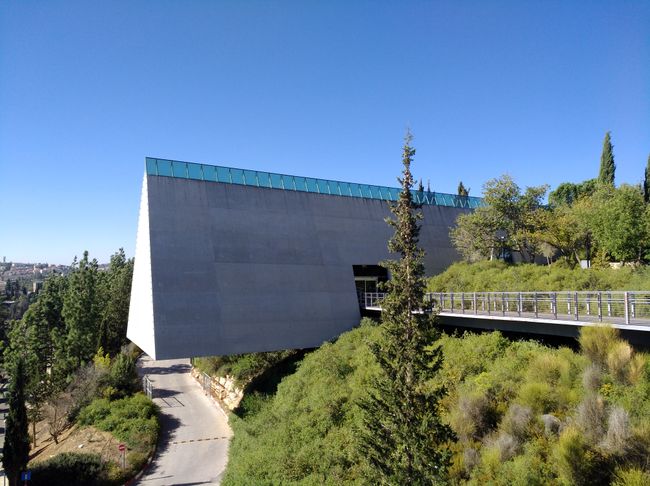
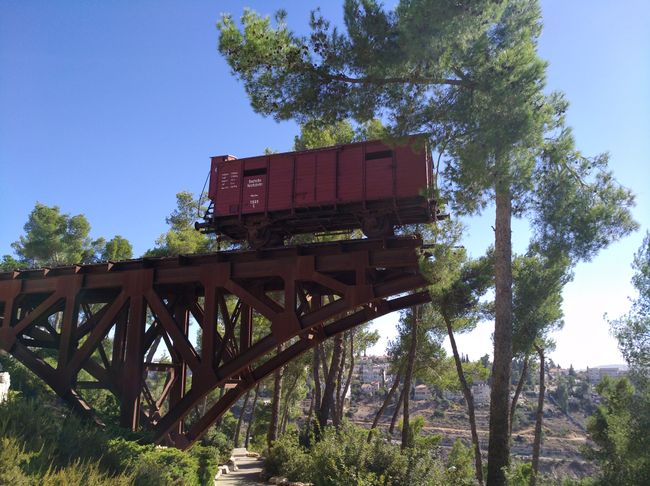
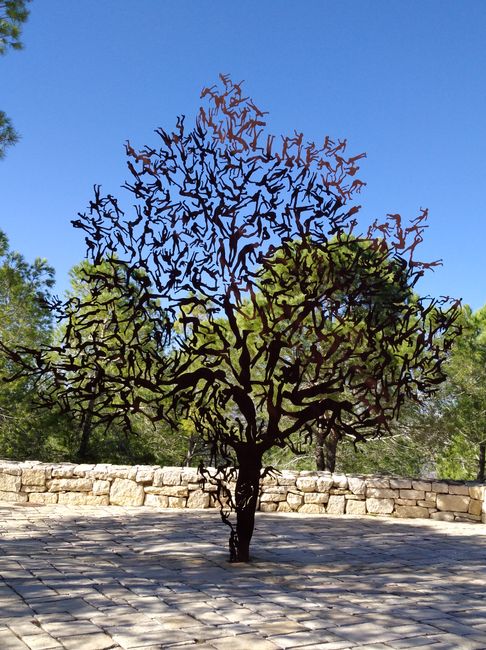
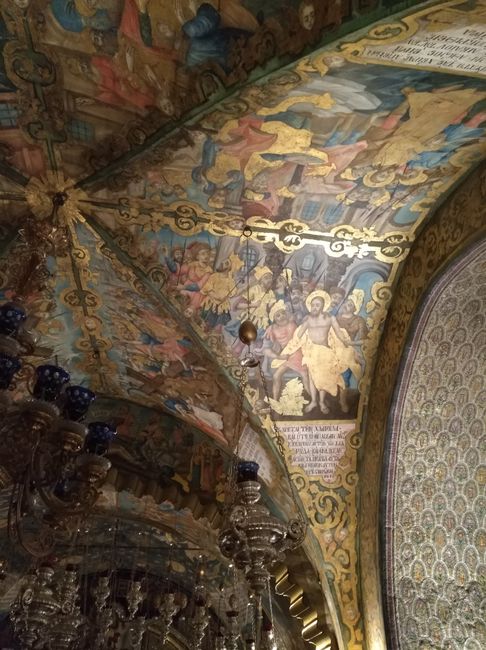

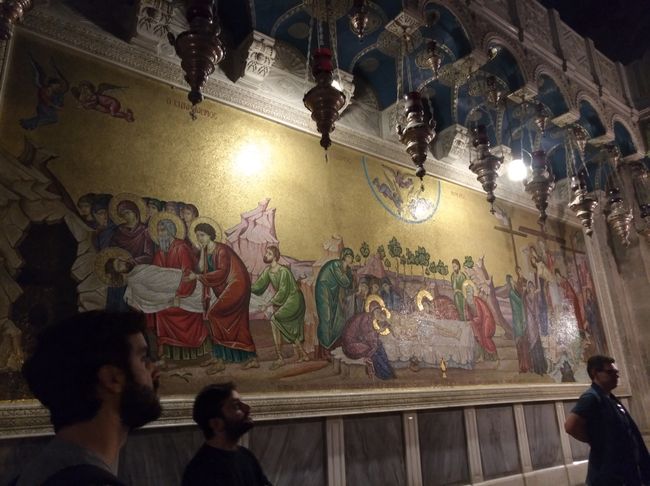
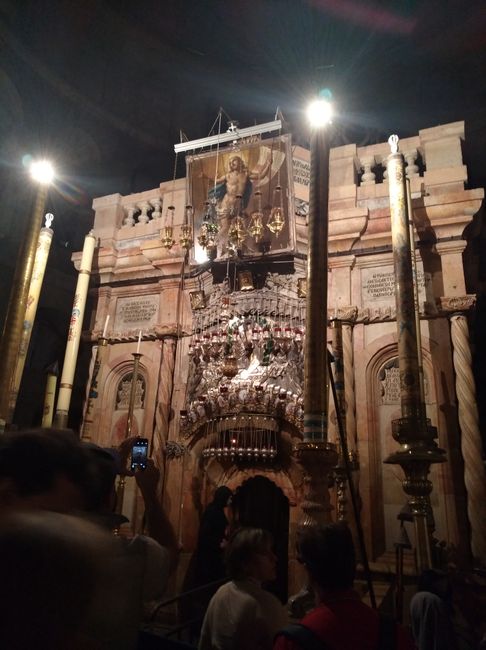
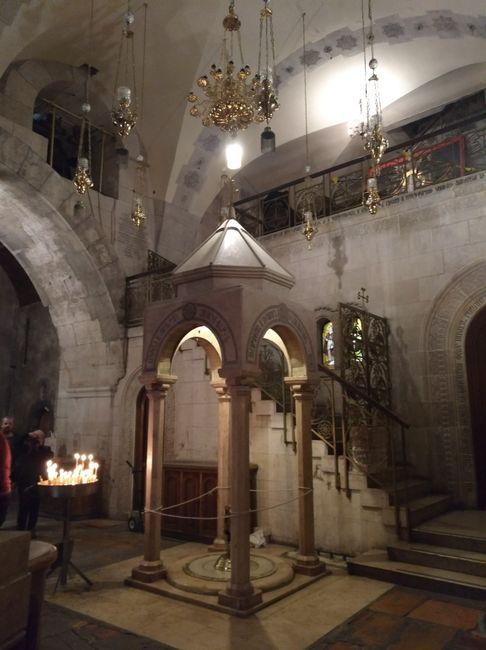
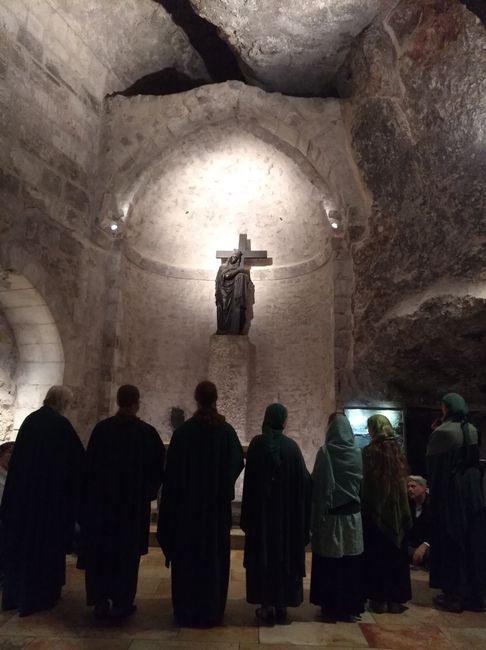
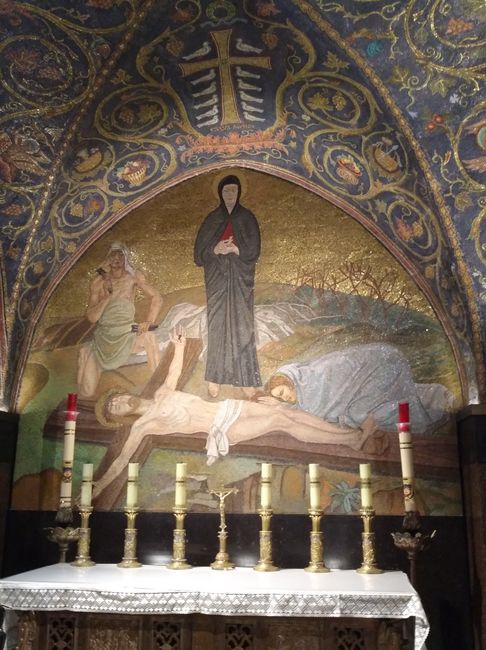
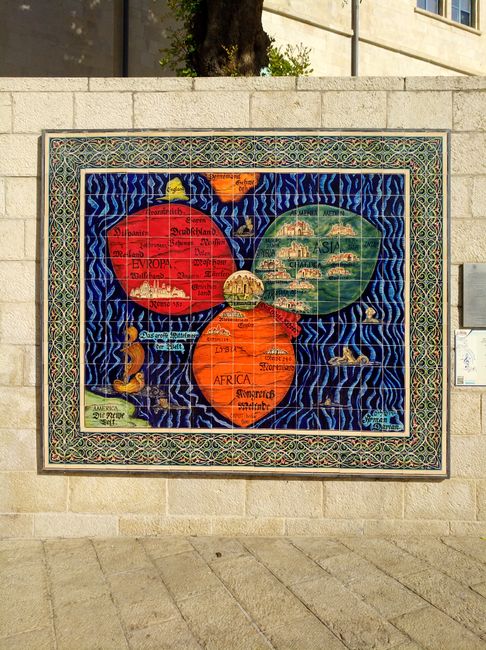
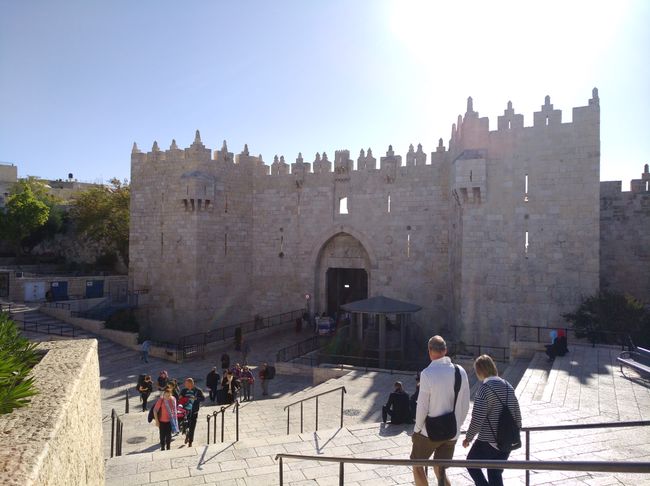
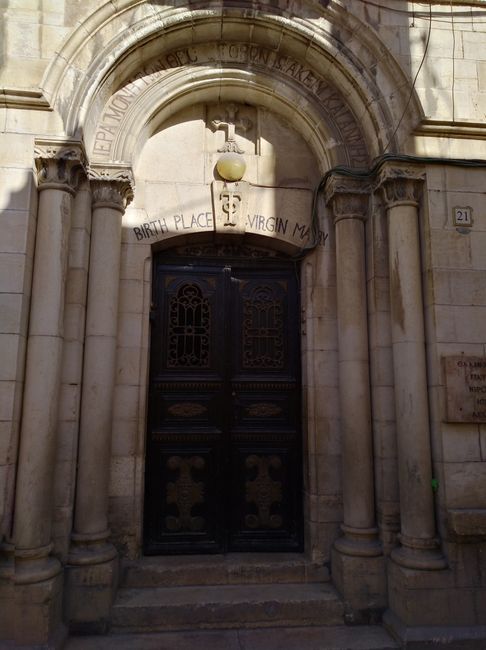
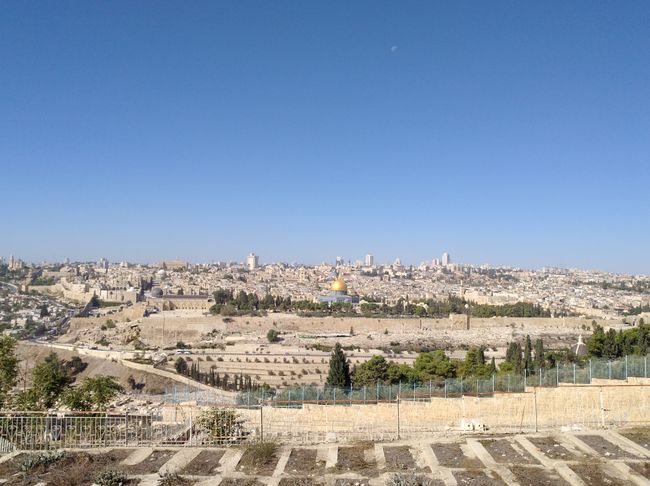
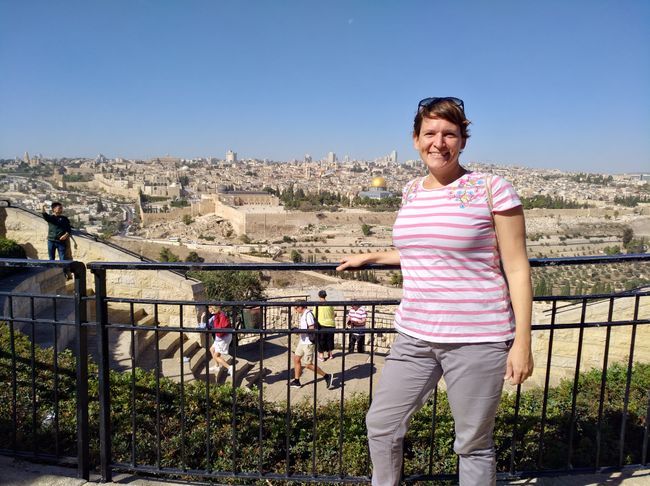
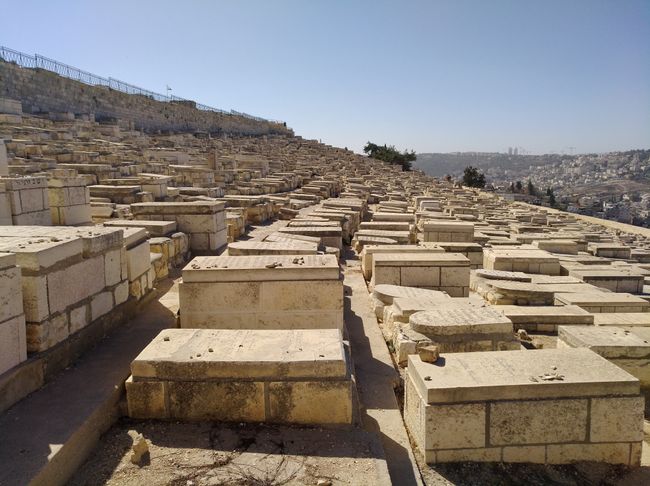
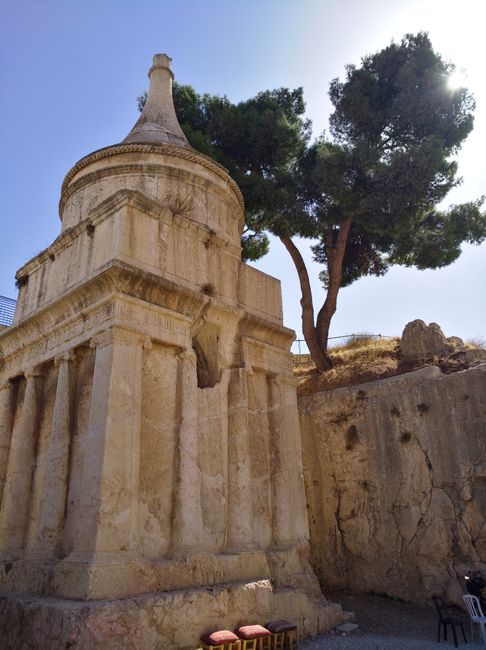
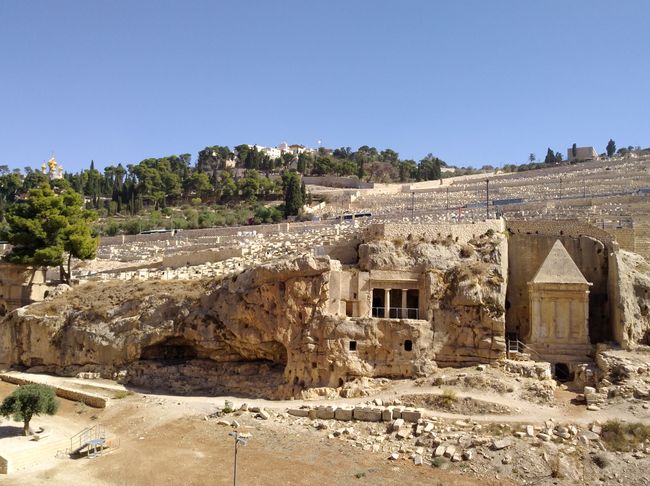
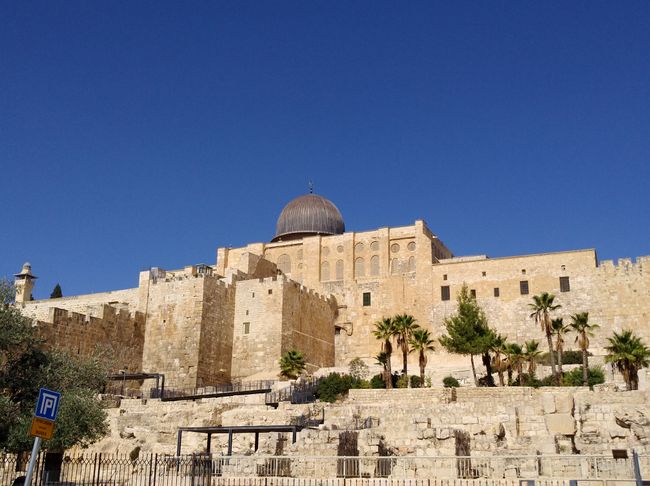
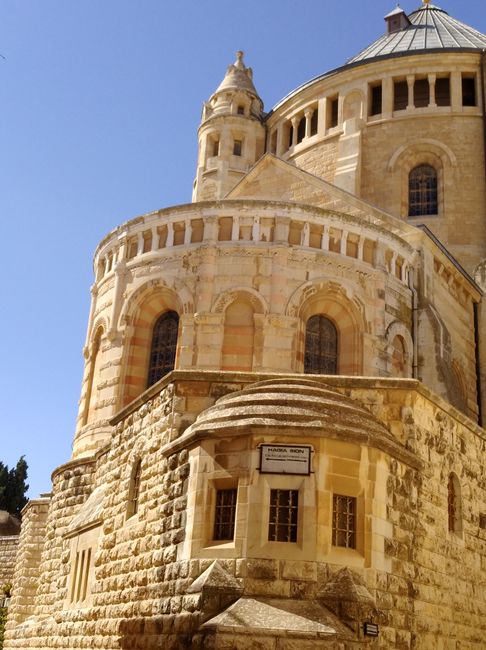
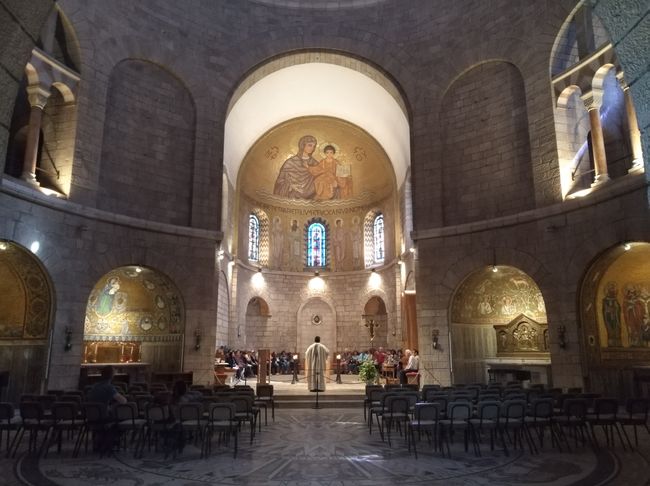
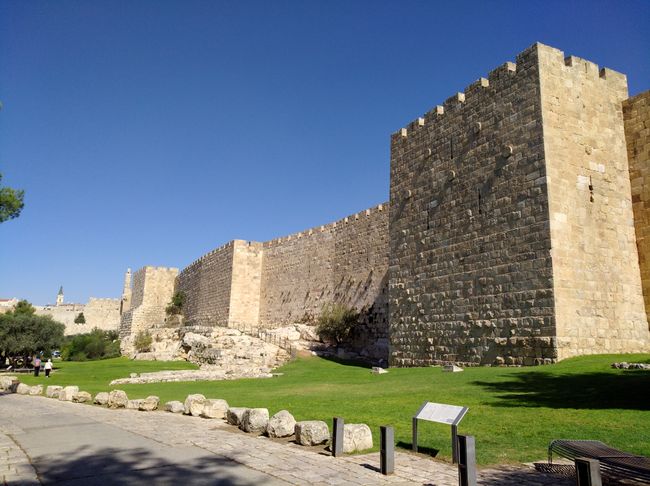
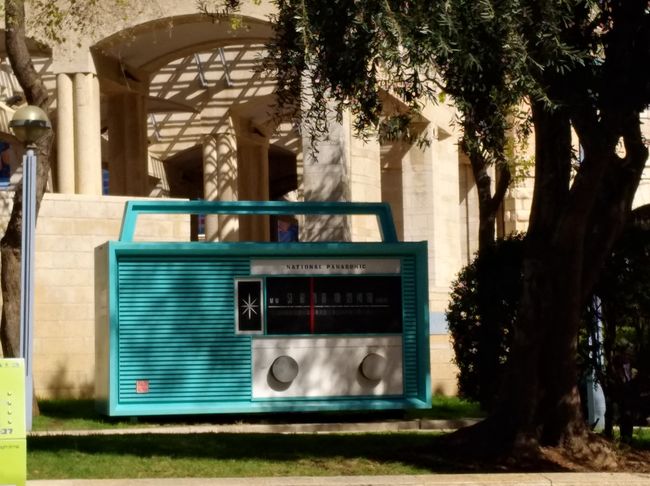
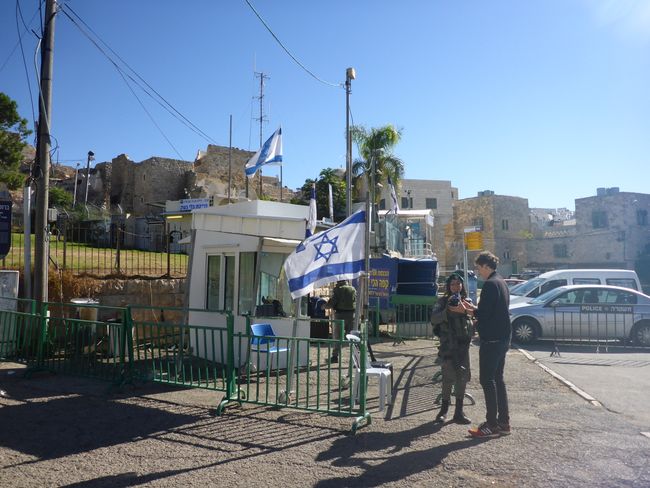
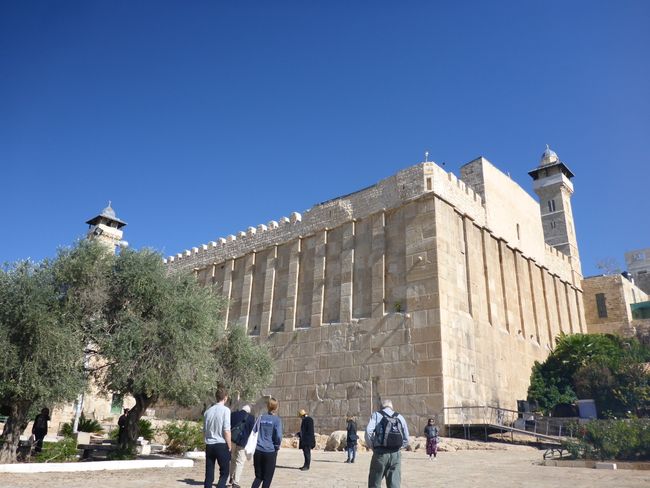
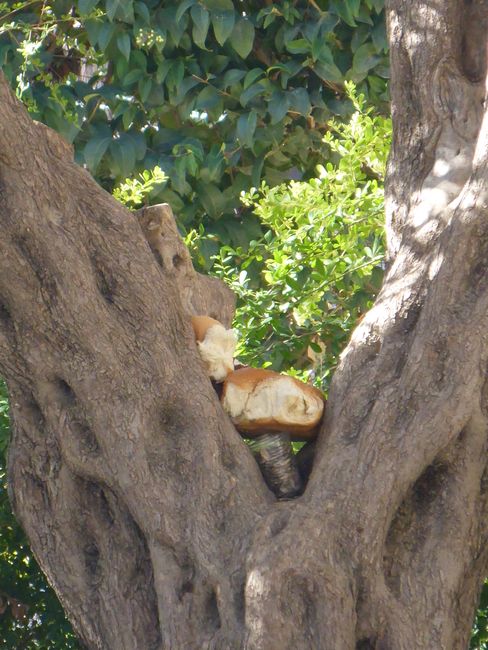
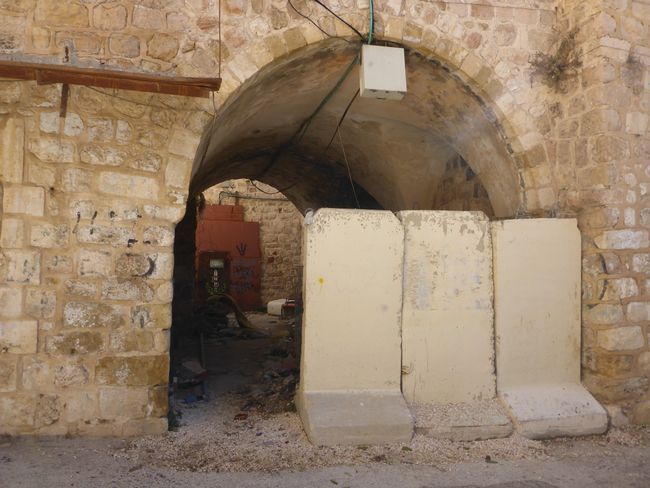
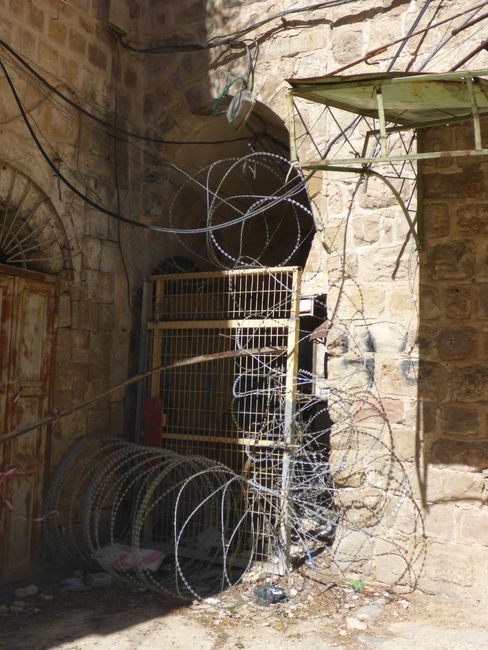
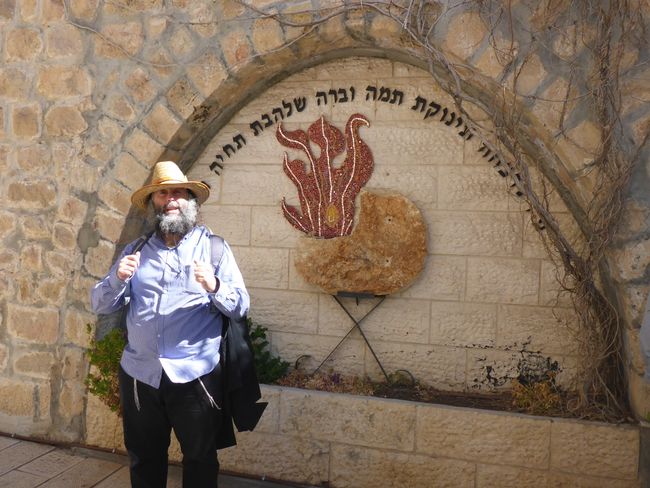
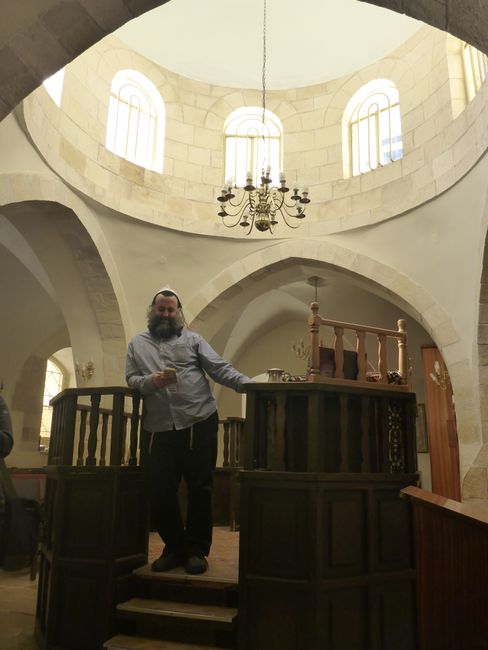
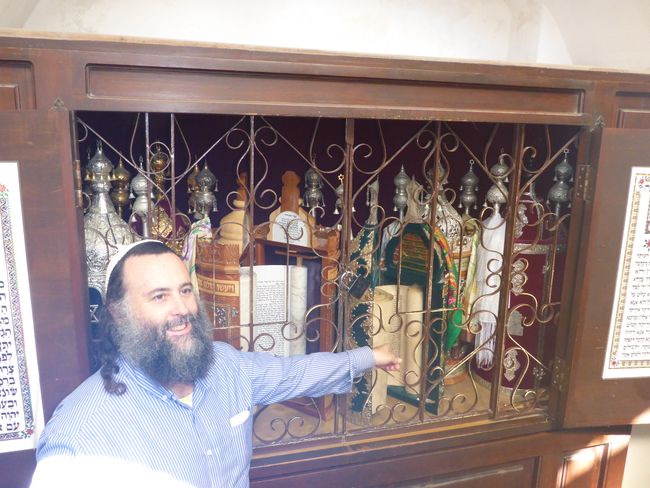
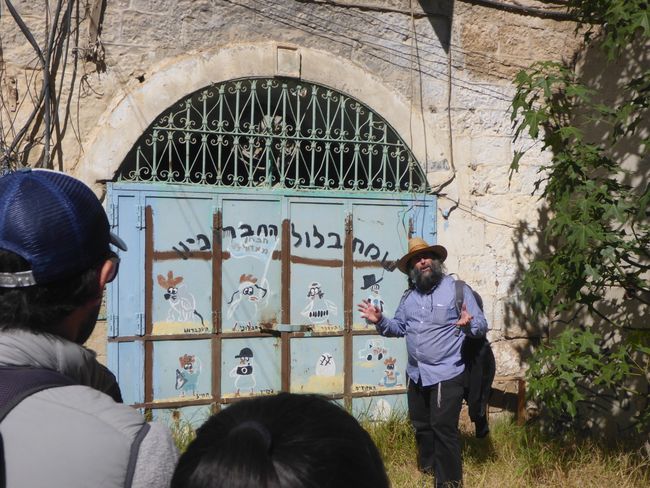
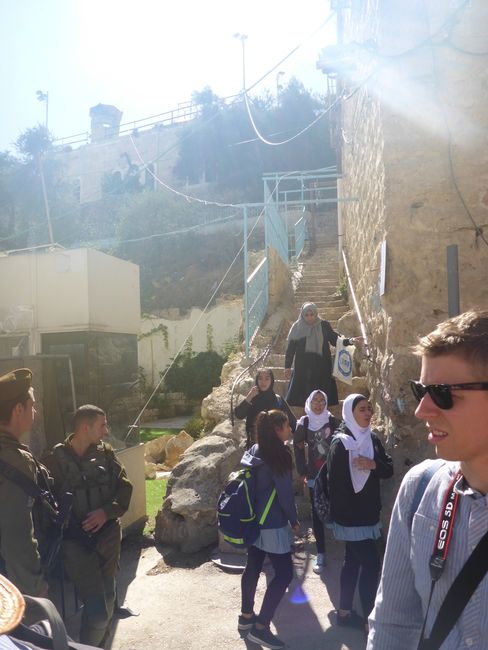
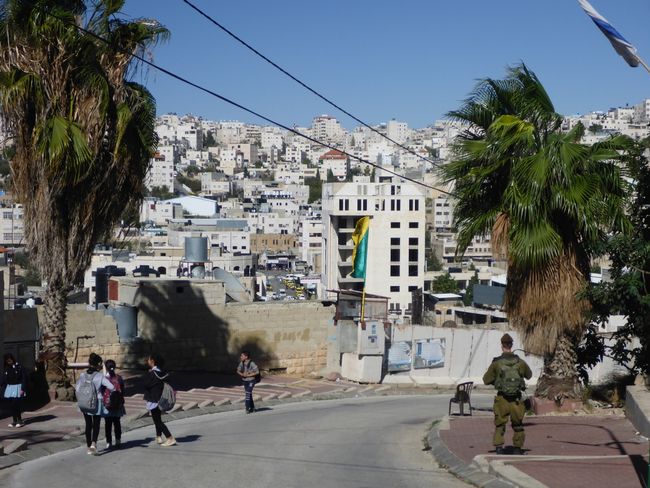
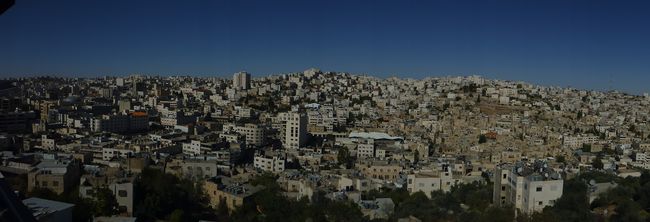
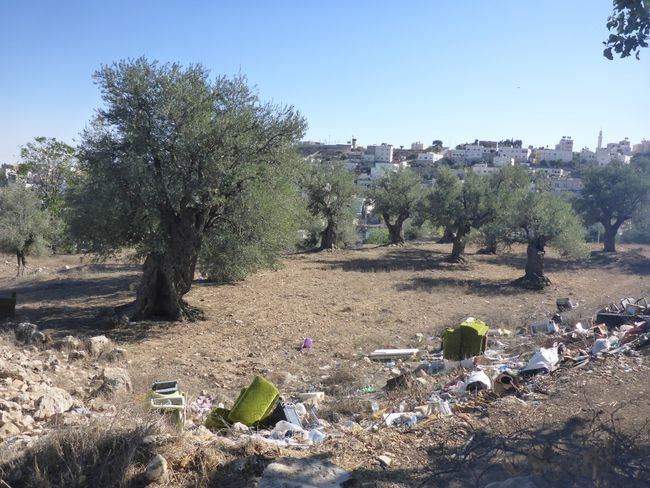
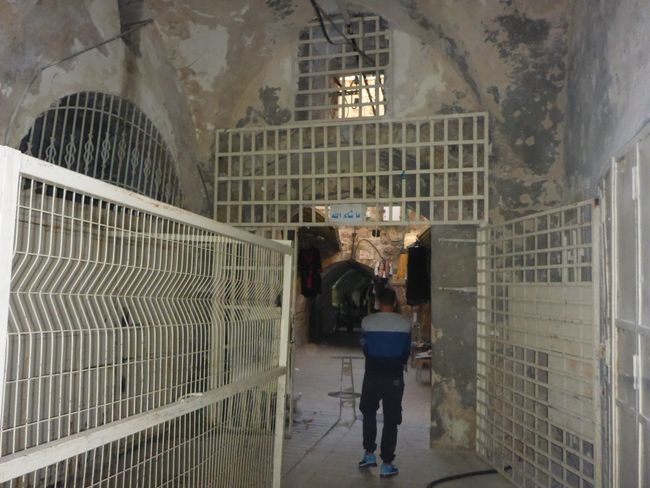
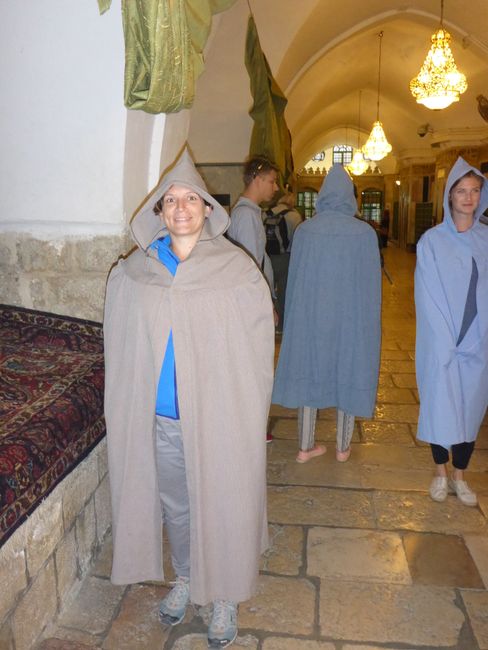
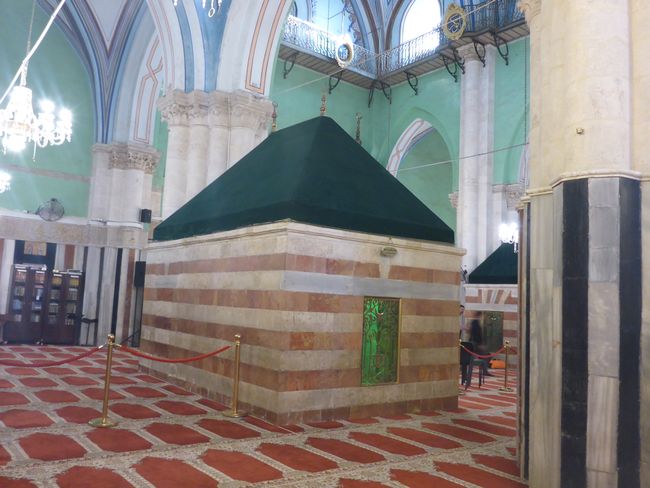
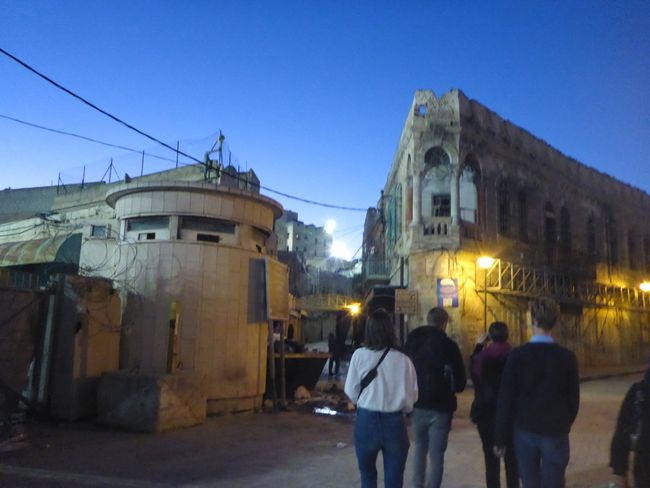
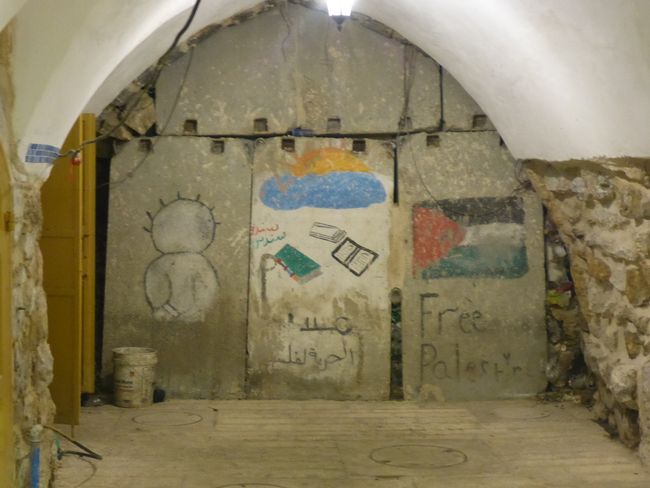
Aboneaza-te la Newsletter
Oh my god (alternatively any other deity can also be invoked)! The whole country and especially Jerusalem is full of history, faith, religion, tradition, really old buildings, bright stone, sunlight, differences, boundaries, and disputes. How do I even put it into words…
But let's start from the beginning. I crossed the border to Israel in Eilat in the south. The 12 km long coastal strip is the only access to the Red Sea. Therefore, beach life is bustling in the south. Russian-speaking tourists have particularly discovered this spot for themselves. Since I had already experienced the underwater world of the Red Sea in Aqaba on the Jordanian side 15 km further, I was not too interested in it anymore.
After that, I was in Mitzpe Ramon, a place in the Negev Desert, where I hiked to the largest crater in the world (naturally formed through erosion) for sunrise. It was super impressive. You could have thought you were on another planet. Including the temperature. At 11 o'clock it was so hot that I was very happy to get up at 5.30 in the morning to start early and especially to finish the hike early.
After that, I went to Jerusalem, where I spent much more time than I had originally planned. There is just so much to see and discover. A day trip to Hebron, which is located in the West Bank and therefore in the Palestinian territories, was particularly enlightening.
The story of the Jewish people's suffering is actually quickly told if you leave out the details. The first temple in the 6th century BC was located on the still heavily frequented Temple Mount and was the heart of Judaism. The destruction by the Neo-Babylonians and the subsequent deportation into exile mark the beginning of the diaspora.
Returned Jews begin to rebuild the temple, which is expanded and reconfigured by Herod, the great builder of that time, among others. This, in turn, is looted and set on fire by the Romans in 70 AD. Only a very small piece of the western outer wall, better known as the Western Wall, remains from that time, which now serves as a synagogue and is the number 1 prayer place for Jews.
And so it continues throughout history. Again and again, the homeless, Jewish people are persecuted and literally slaughtered in pogroms all over the world. Undeterred and with a resilience that is unmatched, people are drawn back to the place where their historical roots are.
At the end of the 19th century and the beginning of the 20th century, the territory of Palestine had a particularly strong attraction as the Jews were being persecuted more intensively again - the sad climax being the 'shoah', when about 6 million Jews were systematically killed by the Germans and their helpers during the Second World War. The Zionist movement ('home to Mount Zion in Jerusalem') encouraged people to return.
People from all over the world return to the homeland of their ancestors, settle down, and in the next decades, fight fervently and mercilessly for the recovery of the Holy Land. The establishment of their own state, Israel, has never been as within reach as it is now and was then officially declared and internationally recognized in the second half of the 20th century.
During the time the Jews were in exile, other peoples also settled in this area, who cannot necessarily be held accountable for their expulsion, and this fact is often ignored. And so, the dispute is essentially about who has the right to live in this land.
Over time, there have been many different occupiers (Greeks, Romans, Persians, Arabs, Ottomans, Mamluks, Crusaders, British, etc.). Ironically, there have been times of peaceful coexistence of religions and mutual tolerance under the rule of the Ottomans.
One of the reasons why there are still many tensions in the Middle East today is primarily due to the actions of Great Britain. The victorious powers of the First World War divided the entire region of the Middle East among themselves, regardless of ethnic or religious backgrounds, and Great Britain received the mandate for Palestine. Unfortunately, there are too many situations where the English did not intervene in conflicts between Palestinians and Israelis and actually fueled the conflict with promises (Balfour Declaration).
Today, the Muslim-born natives often feel severely restricted in their everyday lives in the West Bank due to the exercise of the strong Israeli military and somehow as second-class citizens. Even though the Palestinian police are on the move in the autonomous areas, there seem to be checkpoints where Israeli soldiers deliberately demonstrate their power.
And as if the conflict weren't intense enough, the Israelis provoke even more by consciously building new settlements in Palestinian territories and literally expanding. If they are then antagonized by their neighbors, they receive military protection, streets are blocked off for security reasons, and neighboring houses are occupied. In case of proclaimed (but unproven) security risks, a multi-day curfew is imposed. There is no compensation for lost income.
I can empathize very well with both parties to the conflict and I am on the one hand very glad that I don't have to find a solution to this. On the other hand, so many high-ranking politicians have already failed in this conflict that it does not seem realistic to believe in a prompt solution.
Aboneaza-te la Newsletter
Răspuns
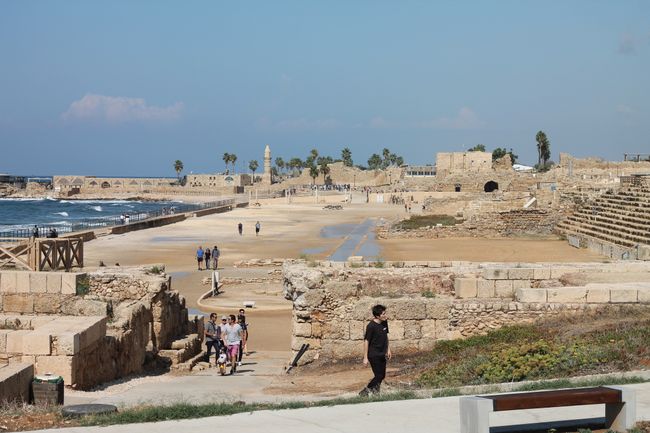
Rapoarte de călătorie Israel
